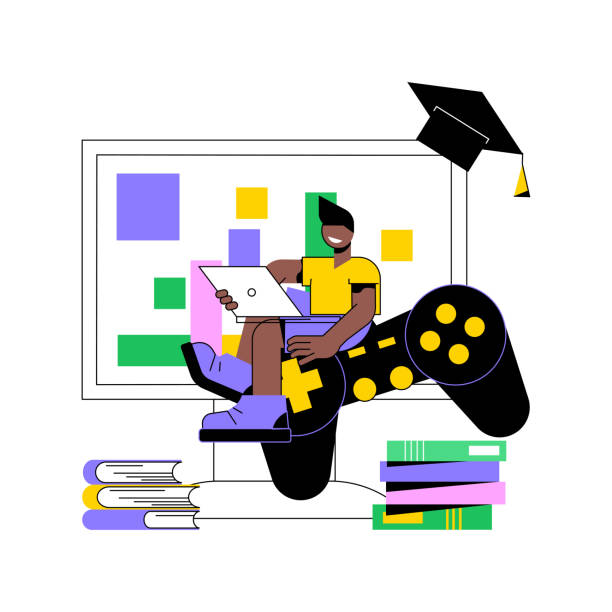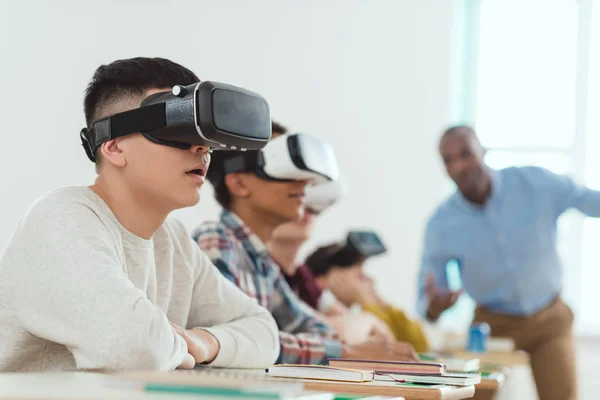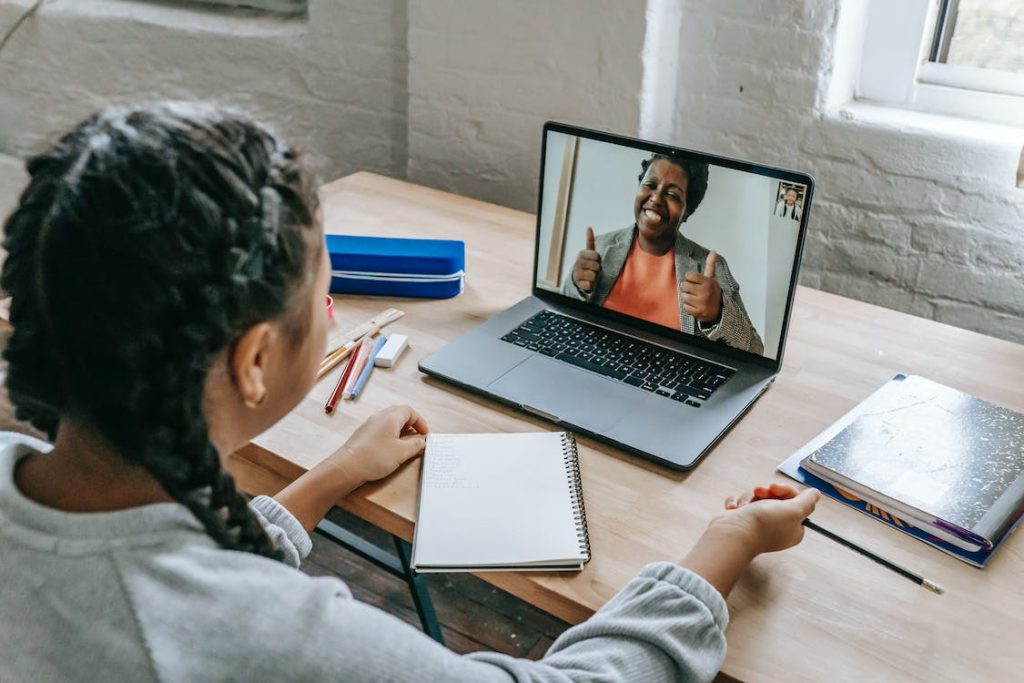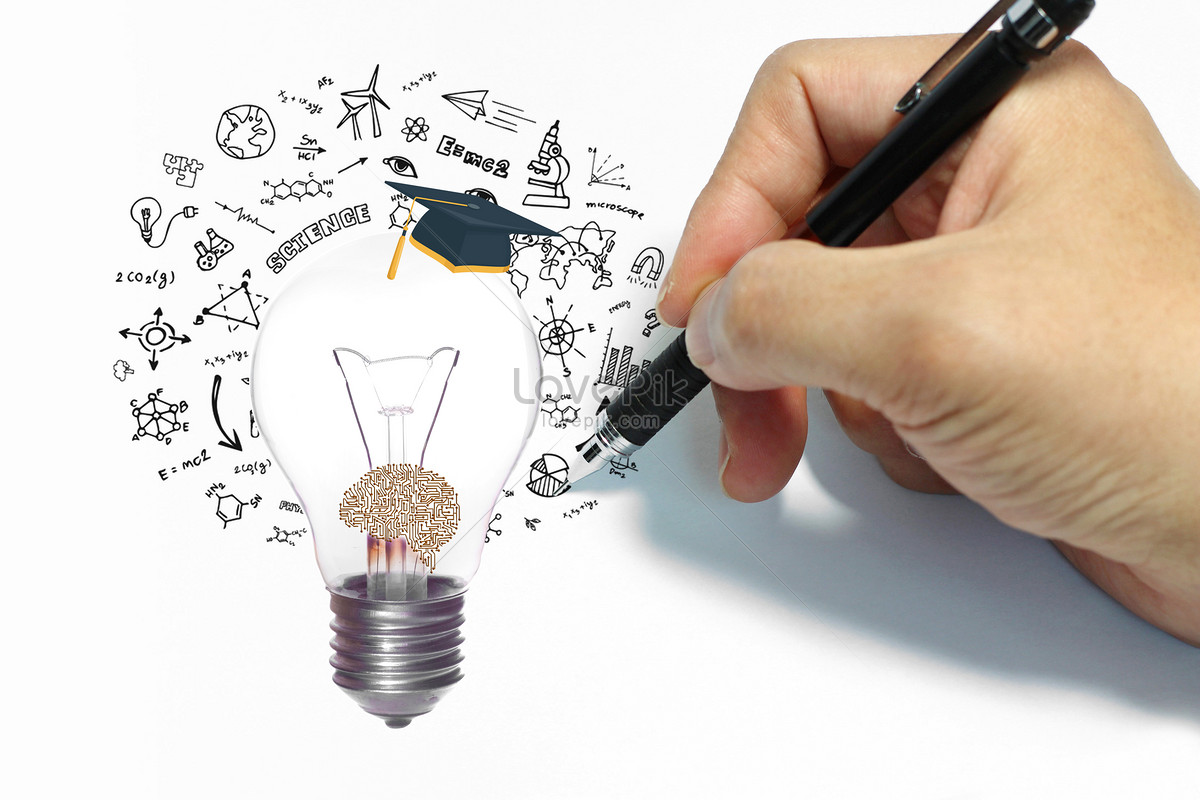The education sector has experienced substantial transformations in the last decade. Innovative teaching methods and new technologies have driven the education sector to a new destination. Institutes seek to enhance teaching-learning methodologies in schools and universities by integrating innovation in education.
Innovative teaching methods have gained popularity because of their progressive learning strategies. It allows students to think out of the box, brainstorm, actively learn, interpret and solve problems, make decisions, and conceptualize.
What is Innovation in Education?
Innovation in education refers to developing and implementing new ideas, methods, and technologies that enhance the learning experience and improve educational outcomes. This can include everything from new teaching techniques and curriculum design to using digital tools and online resources.
Innovation in education aims to make learning more individualized, engaging, and effective for students at all levels. By embracing innovative teaching strategies, educators can create more dynamic and effective learning environments. It helps students develop the knowledge, skills, and competencies they need to succeed in today’s rapidly changing world.
The Need for Innovation in Education
The traditional education model has sometimes failed to meet the needs of all learners. A lack of personalization and support is missing there.

So, many students are left behind or disengaged, unable to unlock their full potential. Innovations in education are necessary to:
- Adapt to the changing needs of the global job market
- Foster creativity and critical thinking skills
- Encourage collaboration and problem-solving abilities
- Address the unique learning needs of each student.
Main Innovative Approaches for Education
New teaching methodologies are changing the educational environments worldwide and driving better academic performance among students. We review some of the main innovative approaches that educators have forged over the last few years and that every 21st-century teacher should be acquainted with.
The key to innovation in education is for teachers to be open to looking with fresh eyes at a potential problem and find solutions to improve the learning experience. The main focus is to develop an in-depth understanding of students and enhance their learning experience.
Here are some innovative ideas for education for development.
Project-Based Learning:
With the arrival of new information and communication technologies in schools, new teaching methodologies and new versions of existing ones have emerged. Also, the learning curriculum is now revised and updated for the digital generation.
One of the most used in class at present is Project-Based Learning (PBL).In its essence, PBL allows students to acquire key knowledge and skills by developing projects that respond to real-life problems. Starting from a concrete problem, instead of the traditional theoretical and abstract model, sees notable improvements in students’ ability to retain knowledge and the opportunity to develop complex competencies such as critical thinking, communication, collaboration, or problem-solving.
Cooperative Learning:
“Stronger together”- this concept, in a simple way, is what cooperative learning is. It is a methodology that teachers use to group students and, thus, impact learning positively. The proponents of this model theorize that working in a group improves students’ attention, involvement, and acquisition of knowledge.
The main characteristic is that it is structured based on the formation of groups of 3-6 people, where each member has a specific role, and to reach the objectives, it is necessary to interact and work in a coordinated manner.
In a cooperative learning context, the final goal is always common and will be achieved if each of the members successfully performs their tasks. On the other hand, individual learning has students focusing on achieving their objectives without depending on the rest of their classmates.
Problem-Based Learning:
Problem-based learning (PBL) is a cyclic learning process composed of many different stages, starting with asking questions and acquiring knowledge that, in turn, leads to more questions in a growing complexity cycle.

Putting this methodology into practice means more than the exercise of inquiry by students. It also includes converting the methodology into useful information. According to several educators, the four great advantages observed with the use of this methodology are:
1. The development of critical thinking and creative skills
2. The improvement of problem-solving abilities
3. Increased student motivation
4. Better knowledge sharing in challenging situations.
Design Thinking:
Teachers worldwide are constantly coming up with new ideas and methodologies to introduce in the classroom, making the best of the tools at their disposal. Design Thinking (DT) stems from industrial designers and their unique methods to solve problems and satisfy the needs of their clients.
This model makes it possible to identify with greater accuracy the individual problems of each student. Also, it generates in their educational experience the creation and innovation towards the satisfaction of others, which then becomes symbiotic.
Thinking-Based Learning:
Beyond the debate around the effectiveness of learning by memorizing facts and data when discussing education, one of the most talked about aspects is the need to show students how to work with the information they receive at school.
Teach them to contextualize, analyze, relate, and argue. In other words, make sure that they can convert information into knowledge. Thinking-Based Learning (TBL) aims to develop thinking skills beyond memorization. Thus, it helps to grow effective thinking on the part of the students.
Competency-Based Learning:
By definition, all learning methodologies have the acquisition of knowledge, the development of skills and the establishment of work habits as their main goals. Competency-Based Learning (CBL) represents a set of strategies to achieve this.
Through assessment tools such as rubrics, teachers can go through the academic curriculum without significant deviations, putting into practice real examples. Thus they can transmit to their students a more tangible dimension of the lessons.
Making Indian Students ‘Lifelong Learners’
Indian students graduating from college today will most certainly move across multiple jobs and careers in their lifetimes. As technology accelerates, the skills needed for jobs change much faster. People will constantly need to reskill and upskill to remain employable.

We are already seeing a growing trend of ‘lifelong learners’ in India. They are upskilling online as they work. Also, they add job-relevant credentials that can help them upgrade professionally or pivot in their careers. Thus, a new generation is leveraging the benefits of innovation in education.
Final Thoughts
Using innovation in education is critical to producing future-ready graduates. Moreover, it helps them to be equipped with the tools to be successful in an ever-changing, global society. High-quality learning outcomes are pivotal for students, and exposing them to innovative educational models can only heighten their preparation.
With these innovative technologies provided by experts, teachers create curricula based on the interests and needs of their students. Students now have the chance to explore and expand their knowledge using various digital tools. Thus, it helps them in their educational journey.
However, incorporating innovation in education is a blessing for many learners as they can learn in diverse ways and achieve their goals faster in life.



Comments 0